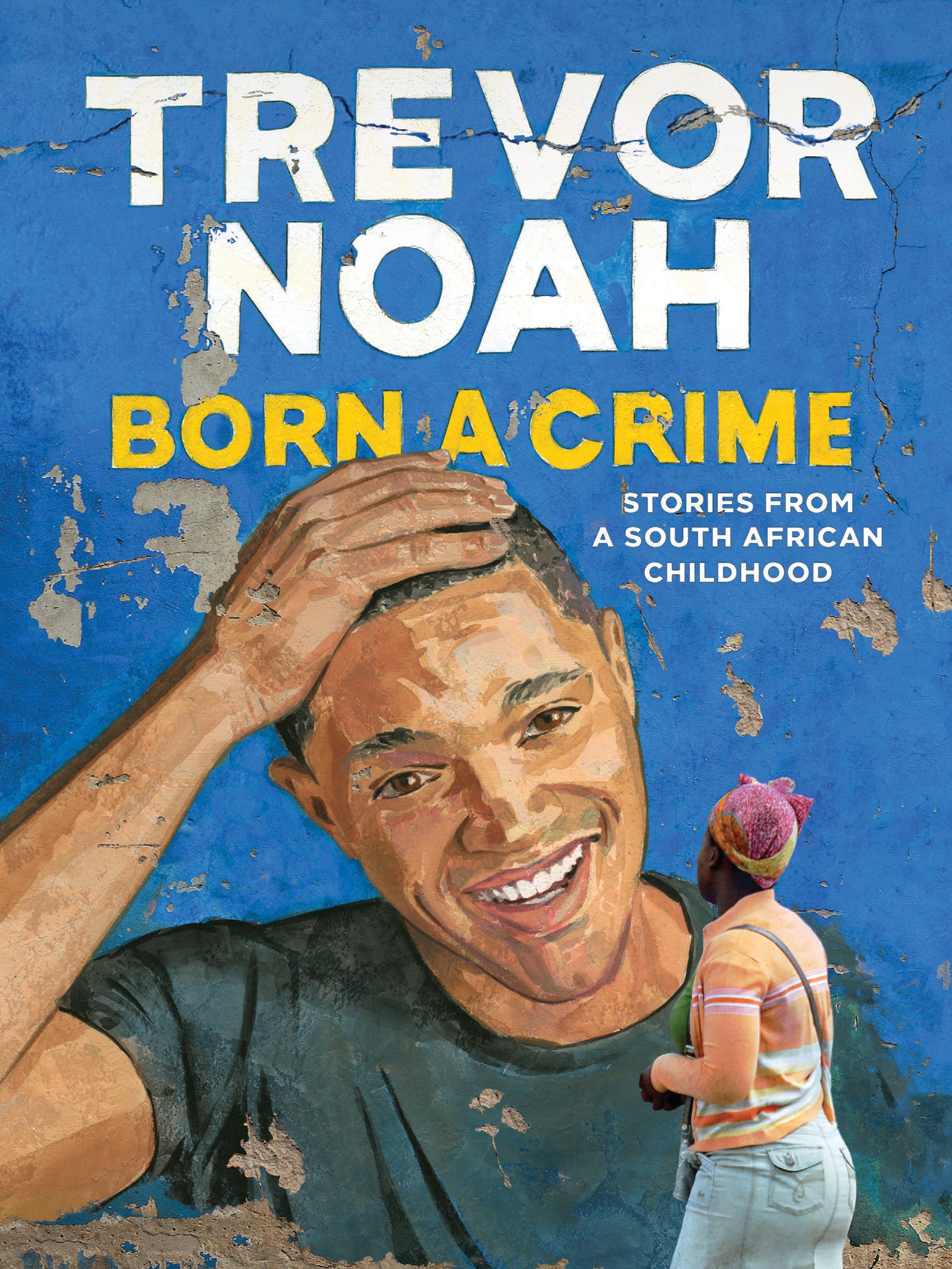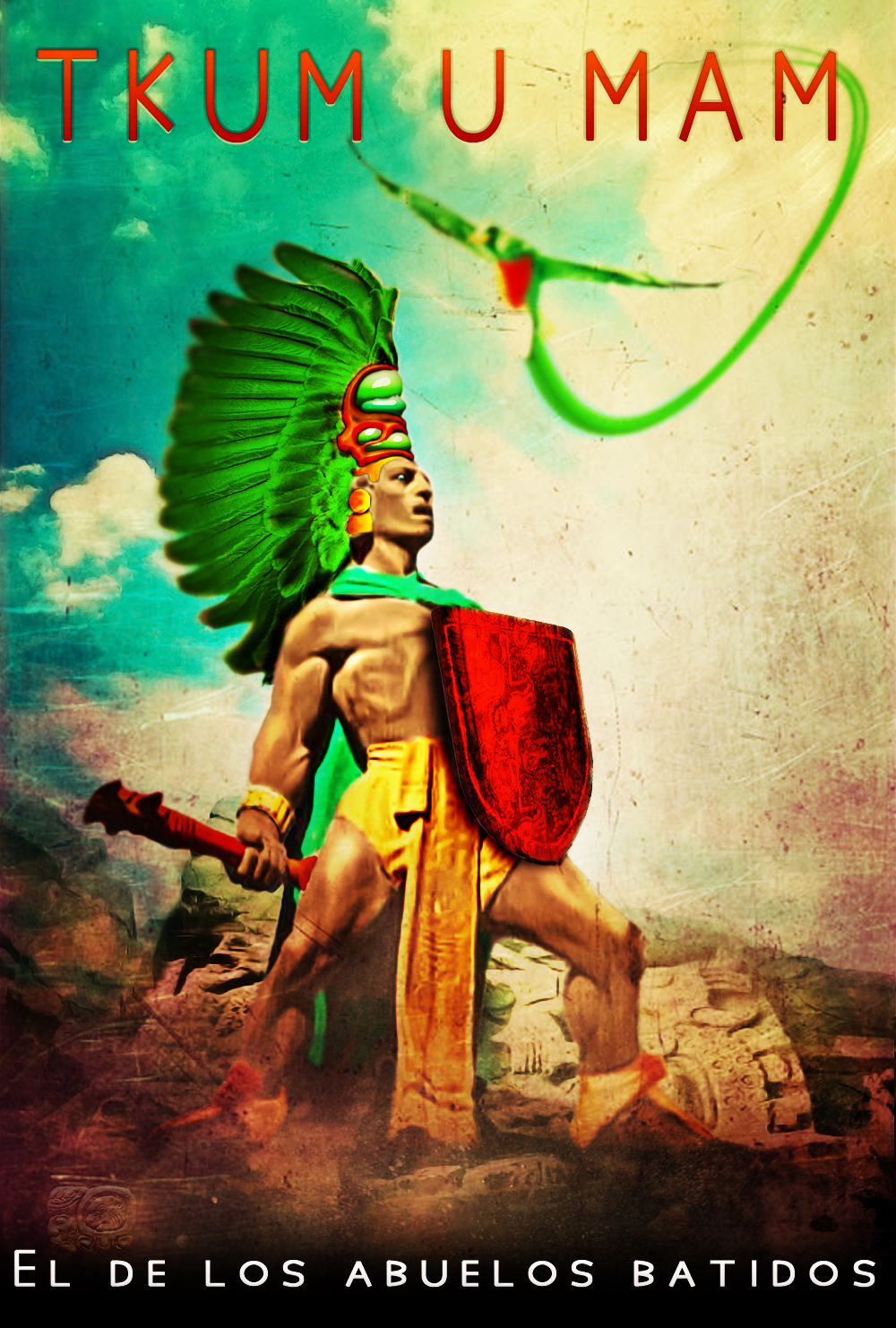

But, because Noah has set such a high cerebral bar for himself through his specials-as well as with his excellent 2016 memoir, “ Born a Crime” (the title refers to his mixed-race parentage, which was illegal under apartheid)-it often felt like he was coasting on “The Daily Show.” This impression was bolstered by the revelation, in a recent Hollywood Reporter profile, that the comedian spent his weekends touring and generally avoiding political commentary in his own standup.
NEW MEMOIR TREVOR NOAH SERIES
Not that he didn’t succeed in remaking the Comedy Central mainstay closer to his own image: the current iteration of the series is flashier and fleeter than it was in the Stewart years, with an audience that skews younger and more diverse. Noah concluded his seven-year run at “The Daily Show” this week, to the end an awkward fit for a role that, admittedly, was near-impossible to fill. (Many of his cross-cultural anecdotes are self-deprecating, but, when he tells the story of an incident in Indonesia that involves a snake show gone awry, he is relatably self-righteous about not getting too close to the stage, “because, you see, as a Black person, culturally, I’m trying to not die.”) The journey continues in his most recent special, the relatively anemic “I Wish You Would,” released last month, which builds to a story about the time he “Trudeau’d”-i.e., embarrassed himself by displaying an over-eagerness to embrace the trappings of a culture not his own, à la the Canadian Prime Minister-while ordering food at an Indian restaurant in Scotland. Their most memorable moments add up to a travelogue: meeting Black Americans who romanticize “the motherland” of Africa, trying tacos for the first time, feeling guilty about taking part in “poverty porn” while vacationing in Bali.

Noah’s first two Netflix specials, released after he took over as host of “The Daily Show” the following year, fleshed out his stage persona as that of a boundlessly curious globe-trotter. Later in the segment, he pictured an African mother chiding, “Be grateful for what you have, because there are fat children starving in Mississippi.”
NEW MEMOIR TREVOR NOAH FULL
Noah, who already enjoyed a large following outside of the U.S., wielded his origins to critique Western assumptions about his native continent (that it’s “one giant village full of AIDS, huts, and starving children”) and to deflate American exceptionalism. On his first appearance on “The Daily Show,” in late 2014, the program’s host at the time, Jon Stewart, emphasized the South African comedian’s background when presenting him as the series’ newest correspondent. Trevor Noah was introduced to Stateside viewers as an outsider-a foreign observer who could see America more clearly than it could see itself.


 0 kommentar(er)
0 kommentar(er)
